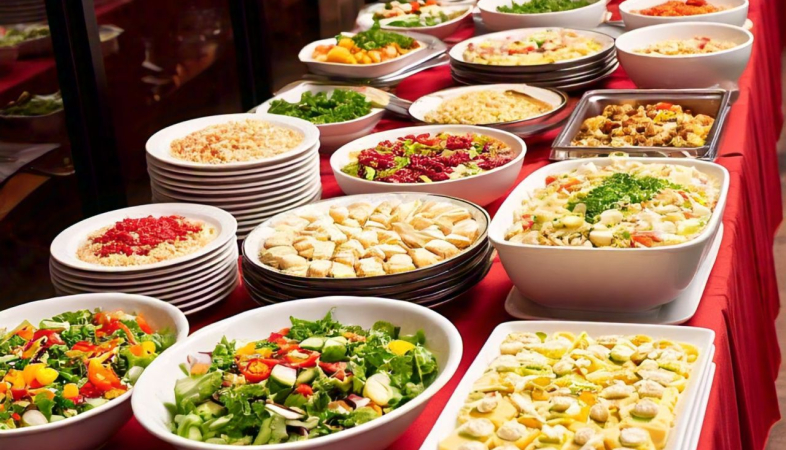SHARE
Commercials
More Posts
Sep 25, 2024
Mava Semolina Gujiya - By Chef Rajat Ranjeet
Jan 03, 2025
Fusion Desserts: Blending Global Baking Traditions
Dec 27, 2024
Handling Difficult Clients in the Catering Business
Jan 08, 2025
Lokesh Sharma Joins D'yore Experiences as Unit Head
Sep 25, 2024
Mava Semolina Gujiya - By Chef Rajat Ranjeet
Jan 03, 2025
Fusion Desserts: Blending Global Baking Traditions
Dec 27, 2024
Handling Difficult Clients in the Catering Business
Jan 08, 2025
.png)




























